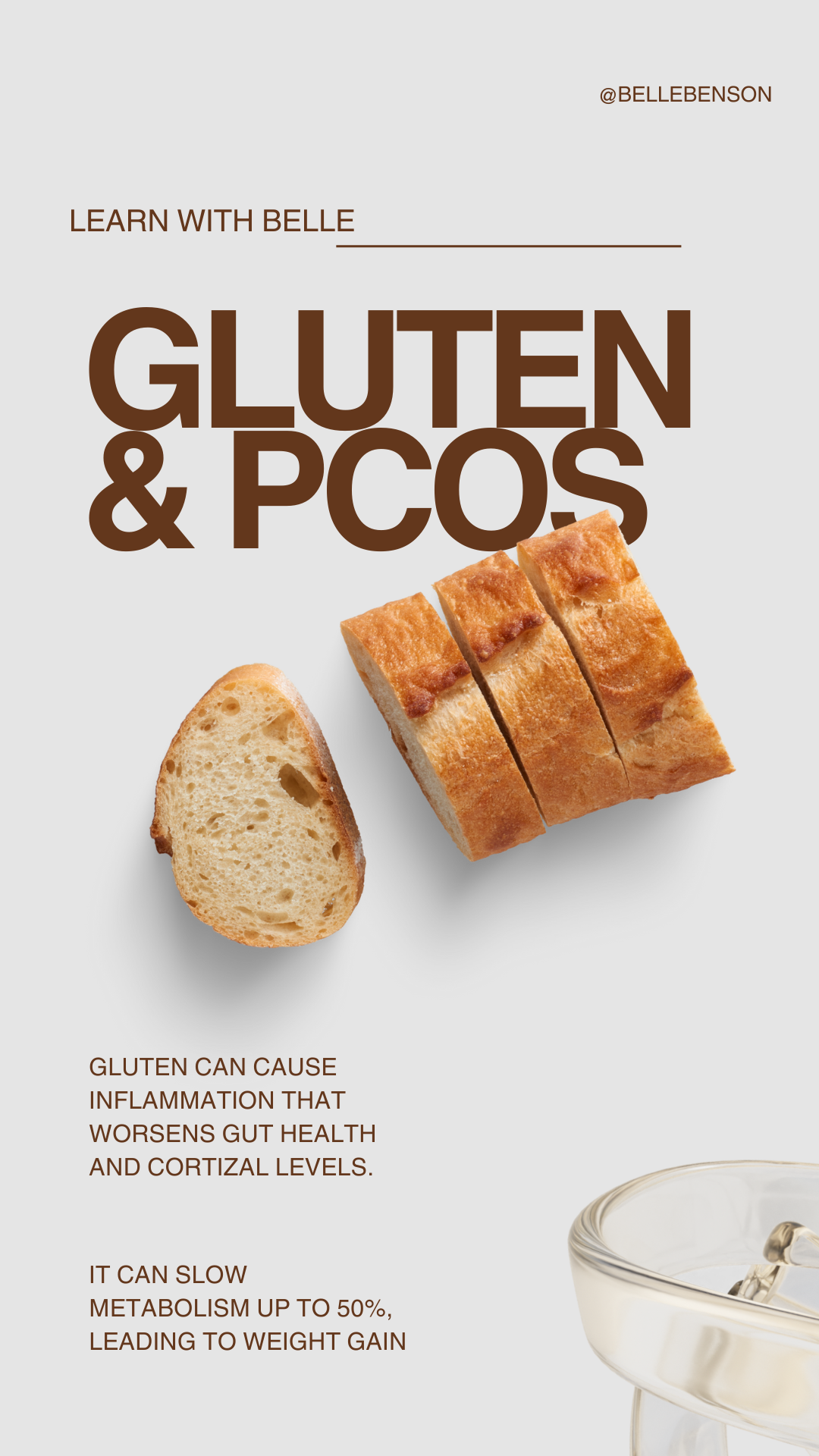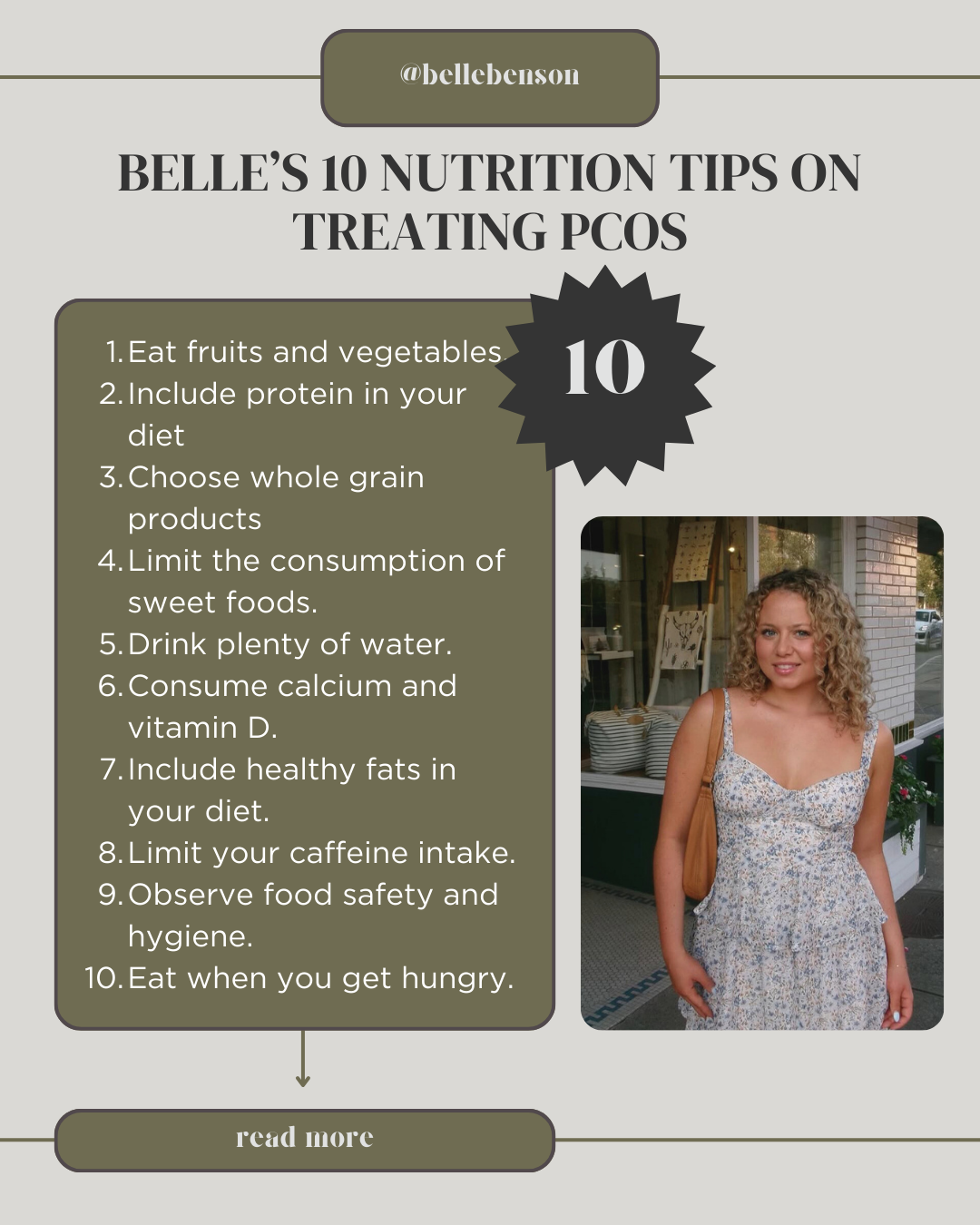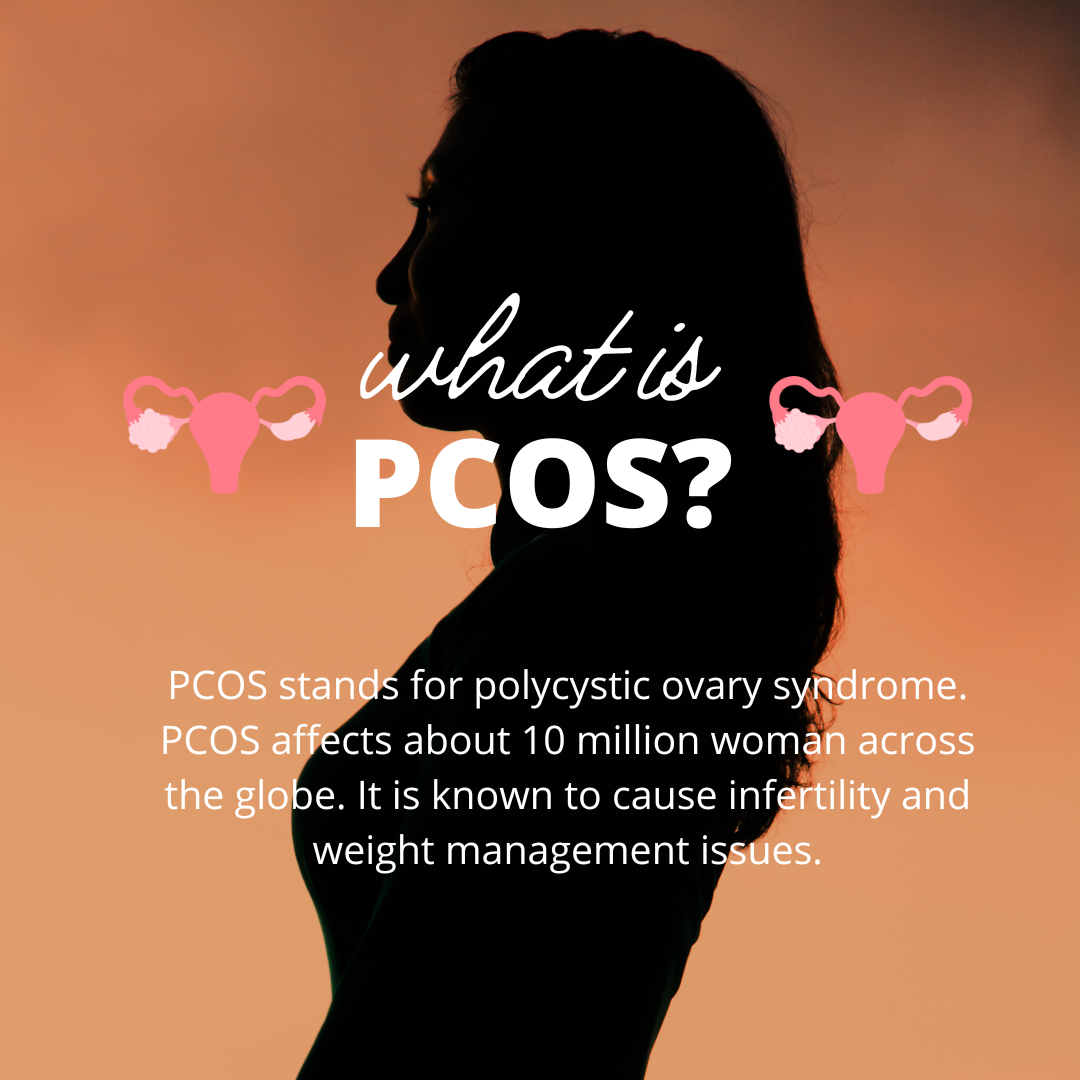Belle’s PCOS Journey





How Social Media is Helping Women Take Control of PCOS
Polycystic Ovary Syndrome (PCOS) affects millions of women, yet many say they feel lost after receiving their diagnosis. Often misunderstood and frequently under-discussed in traditional healthcare settings, PCOS can leave women searching for answers on their own.
Increasingly, they’re finding them in an unexpected place: social media.
TikTok, YouTube, and Instagram have become lifelines for many women living with PCOS, offering everything from symptom management tips to emotional support. For Belle Benson, 22, finding PCOS creators online changed the course of her life — and inspired her to join the movement to educate others.
"When I got to college, I started to gain a little bit more," Benson said. "I started to notice my face would get puffier, and it would be so much harder to lose weight."
Like many young women, Benson struggled not just with the physical symptoms of PCOS, but with the emotional toll of feeling different from her peers. Traditional advice — cut carbs, lose weight, exercise harder — wasn’t working for her. Searching for answers, she turned to TikTok.
"There’s a lot of creators on TikTok with PCOS," she said. "I eventually learned that you need to focus on more low-impact workouts and eating more of the foods that you can eat."
PCOS experts now say that advice found on social media — while not a substitute for medical treatment — can play a valuable role in raising awareness and offering practical solutions. Dr. Felice Gersh, a leading OB-GYN specializing in PCOS, emphasizes that personalized care is key.
"PCOS isn’t one-size-fits-all," she said in an interview with Healthline. "What works for one woman might not work for another, and support networks can be crucial for long-term success."
In Belle’s case, finding a holistic doctor through social media advice led to life-changing discoveries.
"My anxiety got a lot better. Weight was a lot easier to manage," Benson said. "It's never going to be perfect with PCOS, but it got easier for me."
Social media platforms don’t just provide health tips — they also create a sense of community. Lucy, a college student who found Belle’s posts while searching for PCOS information, said it changed her perspective.
"Hearing Belle talk about PCOS so openly made me realize I wasn’t alone," Lucy said. "It pushed me to finally go see a doctor and start figuring things out for myself."
Despite the benefits, experts caution users to critically evaluate advice online. Some trends, like extreme low-carb diets or unregulated supplements, can do more harm than good. It’s important for users to seek information from reliable sources and consult with healthcare professionals when possible.
Still, for women like Belle, the positives outweigh the risks. She hopes to one day become a gynecologist and continue using both medicine and social media to advocate for better education around PCOS.
"I would like to become a gynecologist so that I can not just diagnose people with something, but actually help them through it," she said.
Until then, she plans to launch a blog or YouTube channel aimed at making PCOS resources more accessible — especially for young women who might not have access to specialists.
"There are a lot of creators who talk about PCOS," Benson said. "Even if it's just scrolling on TikTok, if you can't afford a fancy doctor, it can be really educational."
As the number of PCOS-related hashtags grows, so does the movement to empower women to understand their bodies, seek real solutions, and find a community that truly gets it.